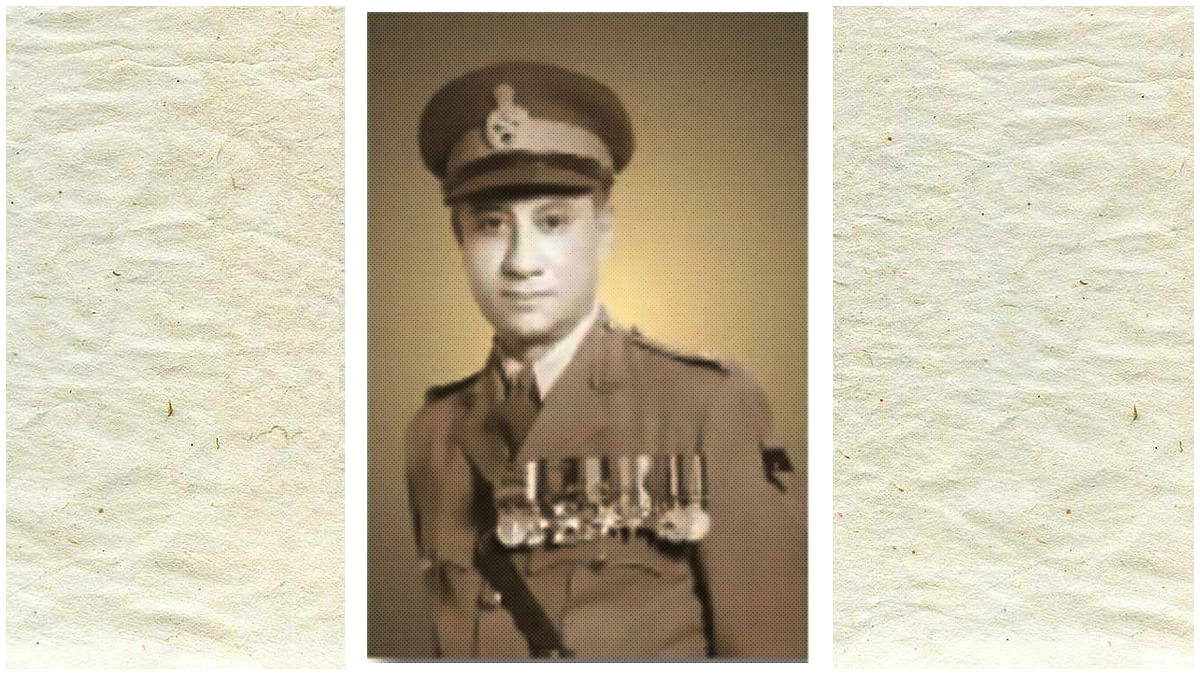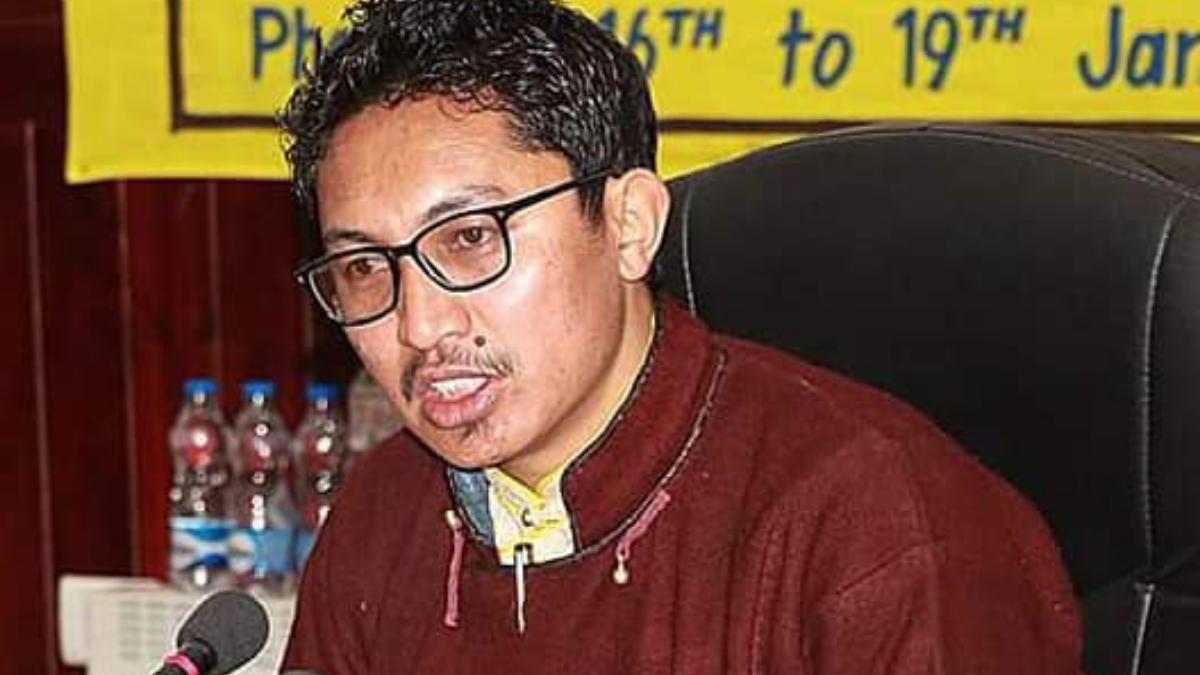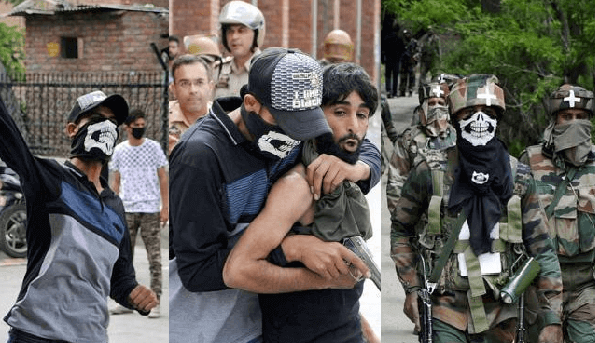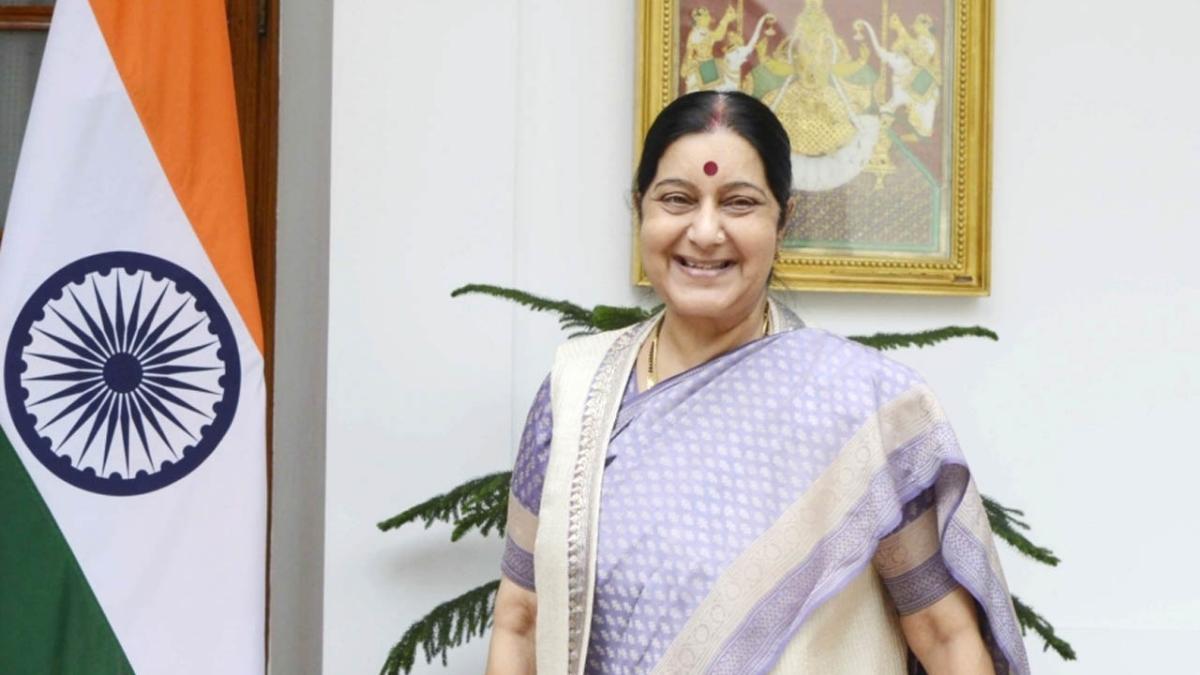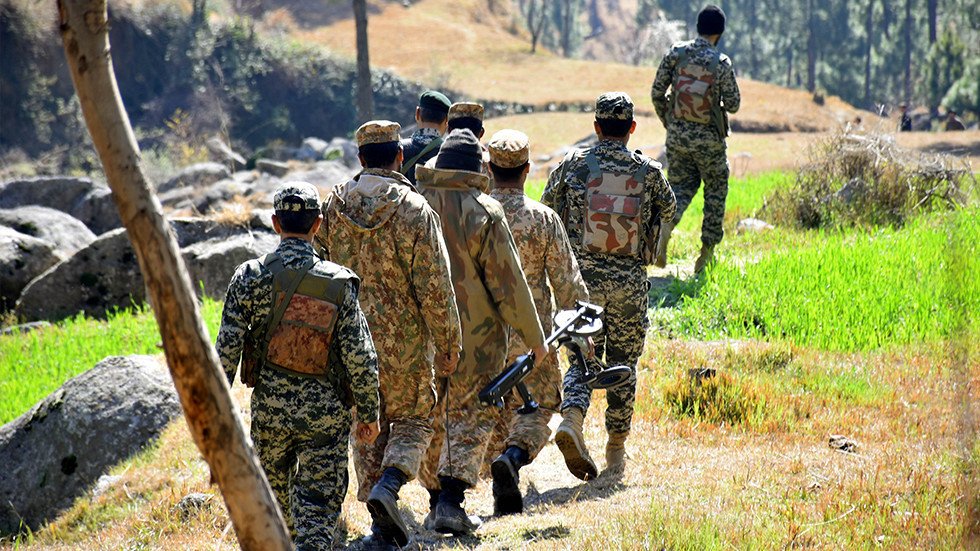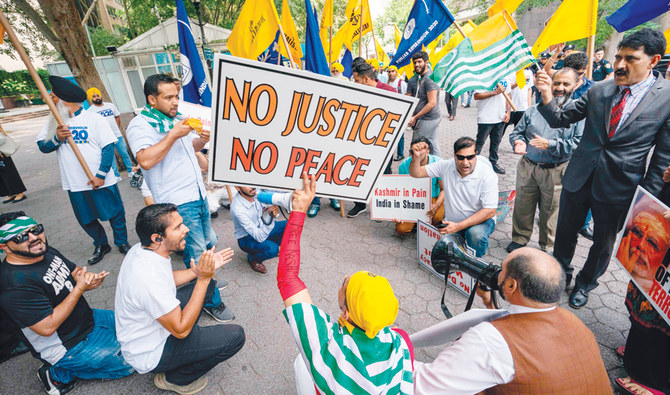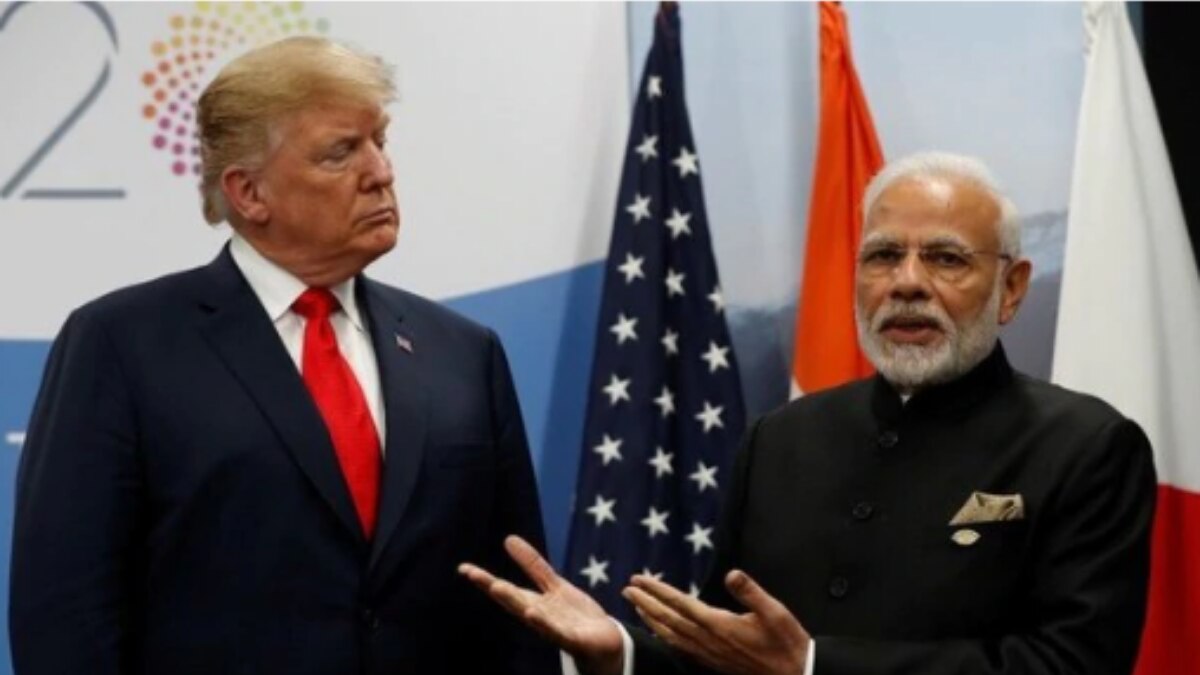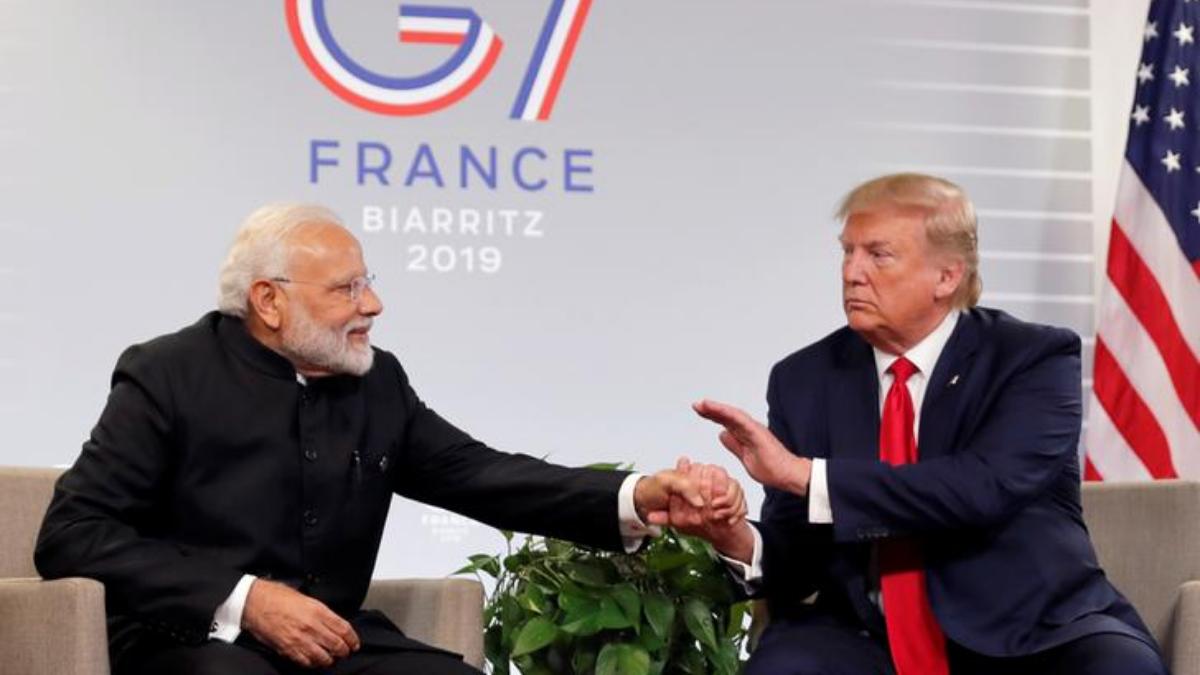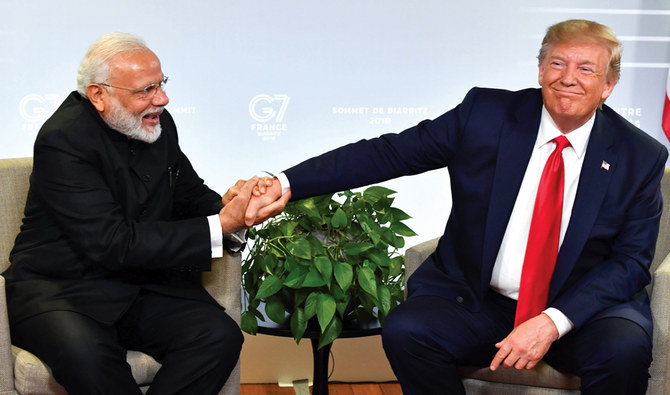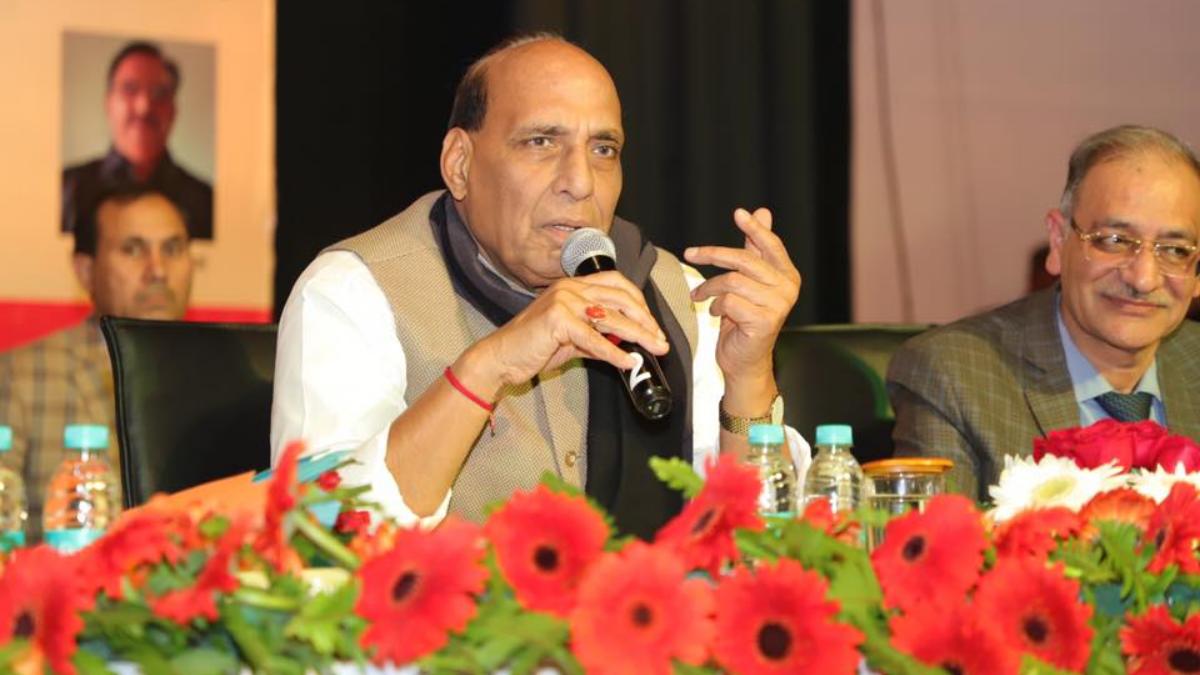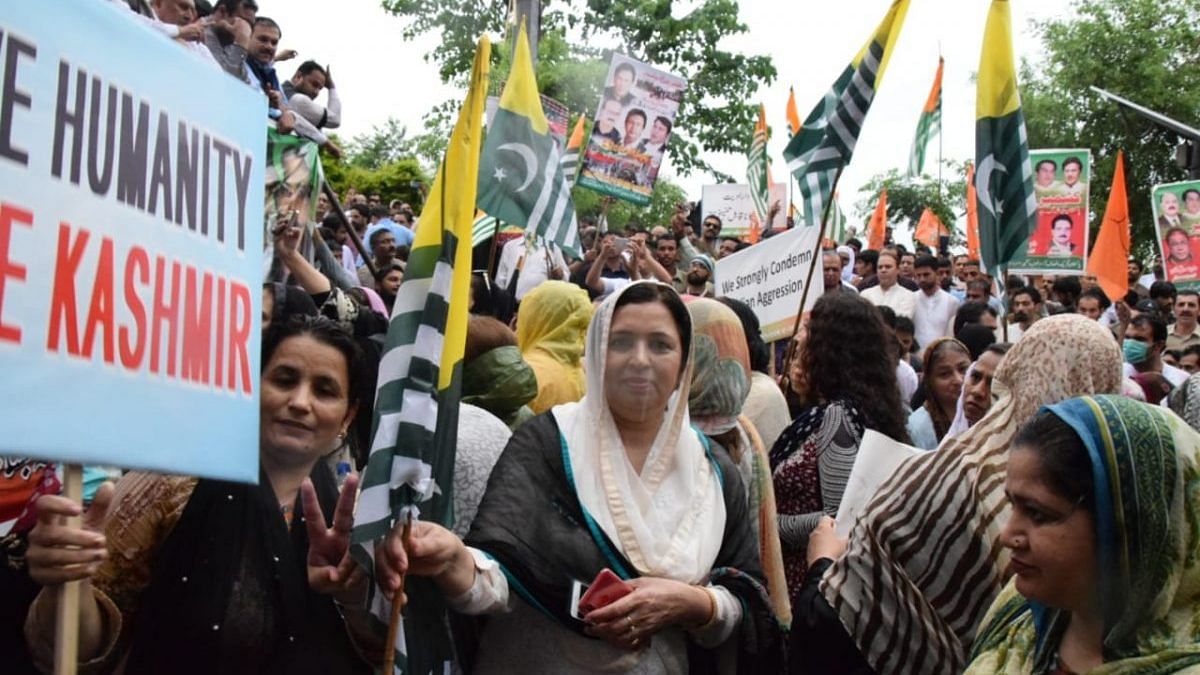Kashmir news with with themes like stealing the land, modi as fascists, killing of democracy etc. triggers thoughts and ask for answers. All this, not written down can easily become thought loop and distraction. so I will write it down.
--
Though Modi's aim is to change the 70 year old Kashmir saga to a different direction in the Indian side territory, he knows it will corner the Pakistan establishment. This will lead to Pakistani general public challenging the current official narration. Let's see where it will lead.
Pakistani PM Khan compares world’s silence on Kashmir crisis to ‘appeasing Hitler’
Desperation is reflected in using the word 'Hitler'. Probably that is as far as it can go with words.
--
General thoughts on "Borders" and "Democracy":
Democracy looks to me the most cherished word in the western world, while completely ignoring the practicalities ( whether it is working or not in the form it is practiced for the benefit of the people).
As a Kid, i was puzzled by the question of borders.- who decides and on what basis, if it has to be done for the sake of people in a ideal way. As I wrote in
this post , One guy called Potti Sriramulu fasted for Telugu state, while his guru M.K. Gandhi famously integrated the nation as one. This is the origin of my little question in my head.
I was not expecting an easy answer, but after looking at the events all these years, It looks to me that it is the person or Leader who is at the helm of people's trust. Not religion or language or culture or geological positioning. This may look obvious now, but we seems to kill each other at no end in sight based on the identities ( leaving the person or leader aside).
The man in this position is MK Gandhi at that time( before 1917-1948) always argued that it has to be one country given that, people moved from one place to place for pilgrimages and trade for centuries. Even the 2200 year old Ashoka's Mauryan Empire contains all this region as a single land. Gandhi didn't get what he wanted either.
During British Raj, there are territories British directly ruled, and 562 princely states they ruled indirectly. But MK Gandhi's movement has wide popularity across the land irrespective of princely state or not. As he wrote in his book, he was disgusted by princely state rulers boot licking attitude for their perks from British. The predominant thought process at that time is British method of "Divide and Rule" to exploit the existing rivalries are responsible for the British Rule in India . The only solution is to unite at any cost is the motto of Gandhi. It is this attitude "
British conquered and looted us because we are divided, so unite" that is popular when nation split into 2 pieces and princely states were asked to choose whichever side they want and still popular. By 1947, Every body in Congress are tired of going to jail, coming out to agitate as Nehru expressed.
It is this attitude that contributed for Sardar Patel took it by force Hindu-dominated,muslim-ruled locations like Nizam(Hyderabad) and Junagadh or taking Goa from Portugal. Pakistan did the same with North Eastern frontier ( Leader of NW frontier area Abdul Ghaffār Khān, also called "Frontier Gandhi" called the decision of merging that frontier with Pakistan as betrayal ) and Baluchistan.
That left complex situation of princely state of Kashmir where Hindu Godra ruler ( who bought the land from British for his allegiance during British-Afghan war) who wants to be independent, Muslim leader Shaiq Abdullah who disliked Hindu King and Pakistan alike to be part of India. The special conditions attributed created the conflict until now.
---
Still more and more new information coming out about what had happened or what not happened after 70 years. It is hard to figure out. Here is a interesting video about the complexity for the situation, if you have appetite to look at the details.
In his book, Slender Was The Thread, Lt Gen. L.P. Sen wrote about being airlifted to Srinagar in 1947 and taking over the Indian defence of Kashmir.

theprint.in
-
Gandhi's Take on War on Kashmir - He hated war, but he asked the generals to go for "for saving the innocent"
After a few seconds of silence he continued, “Wars are a curse to humanity. They are so utterly senseless. They bring nothing but suffering and destruction.” As a soldier, and one about to be engaged in battle in a matter of hours, I was at a loss to know what to say, and eventually asked him: “What do I do in Kashmir?” Mahatma Gandhi smiled and said: “You’re going in to protect innocent people, and to save them from suffering and their property from destruction. To achieve that you must naturally make full use of every means at your disposal.” It was the last time I was to see him alive.
Who is in control at the time of partition: It looks really no body even though British supposed to be control of military of newly formed 2 nation after the partition to "coordinate and control" for gradual withdrawal. But it looks there are divisions with in British army itself.
IB chief of undivided India opted for Pakistan, and on his way out, transferred every sensitive file there
The Intelligence Bureau of the Government of India, manned by personnel of the Indian Police Service, were indeed expected to cover the State. They would naturally have been interested in keeping abreast of happenings within and along the border, in so far as they might have repercussions in India. But they were in a tragi-comic state of helplessness.
The Director of the Intelligence Bureau of undivided India, during ‘the months preceding 15 August 1947, was an officer who was about to opt for Pakistani citizenship. This individual, who was earmarked for appointment as Director of the Pakistan Intelligence Bureau, took full advantage of his position to transfer across to Pakistan every file of importance dealing with Intelligence, leaving behind for his counterparts in India the office furniture, empty racks and cupboards, and a few innocuous files dealing with office routine. It is therefore no exaggeration to say that on 15 August, Pakistan came into being with a well-established Intelligence Service, while India had only a semblance of one.
The result is no body in India or British know that invasion is going on until it is too late. There has been party line accusations that Nehru didn't allow Patel to handle Kashmir.
---
People and Democracy
There is a quote from Indian freedom movement stuck in my mind that is attributed to man called Lokamanya Tilak - " Nation doesn't mean land. It is people". I wasn't sure why it stuck in my mind, but it did.
Who the people are? Not one. looking at the layer wise, Average people go along with their life, political party cadre, party leaders, bureaucrats, elected leaders of the land, business people who influence the decisions and media as a channel between the all. As a kid, I happen to attend some mass rallies in my small city, as the rally location is next to place where we used to play cricket. The impression of these shows is complete disappointment.
- People who were brought in the vehicles from remote villages to show the leaders ( who was expecting party ticket) strength , dumped on the streets after the meeting is over. These people spill over to the neighbors begging for money to go back to their villages.
- The speeches these leaders made are unpolished , raw and disingenuous.
- The way media ( radio, papers and TV) reported after the fact is so polished, i wondered whether it is the same speech I listened to first hand.
All this contributed for losing faith in the process of democracy. I am not alone in this losing faith in the democratic process and they went along as it is the only viable product in the diverse country and not expecting not much to come out. This left political parties to do whatever they want.
---
Modi's popularity lie in directly appealing to the lowest level people, removing the layers above and dramatically reducing the corruption that is sucking up every thing. This is exactly he wants to do in Kashmir.
- He claims great participation in Village level Panchayat election and he claimed ( last week) that they are showing progress in development schemes.
- By making it union territory, he reduced the role of parties who only wants to participate at the state level.
Attacking the Opposition, Tsering Namgyal said: Like you, I don't come here reading books but I come here after understanding the ground reality.

www.indiatoday.in
Attacking the Kashmir--centric J&K National Conference and Peoples Democratic Party, Tsering Namgyal said, "Members of two families are still intoxicated and think that Kashmir is their father's property."
The two families here refer to the Muftis and Abdullahs whose members have been chief ministers of the state of Jammu and Kashmir.
There had been many reports of attributing strength of student stone pelters to drugs.
What is the reason for continued violence, unrest and stone-pelting in the Kashmir Valley? Stone pelting seems to be the optimal way for agencies to keep the Kashmir valley simmering with tensions and conflicts, according to experts. Pelting in Kashmir has become a trend, where local Kashmiri...

eurasiantimes.com
Luckily, All is not rivalry
Sushma Swaraj helped Indians all over the world, but that was not all. The late Foreign Minister also granted medical visas to several Pakistani nationals, for treatment in India.

www.indiatoday.in

